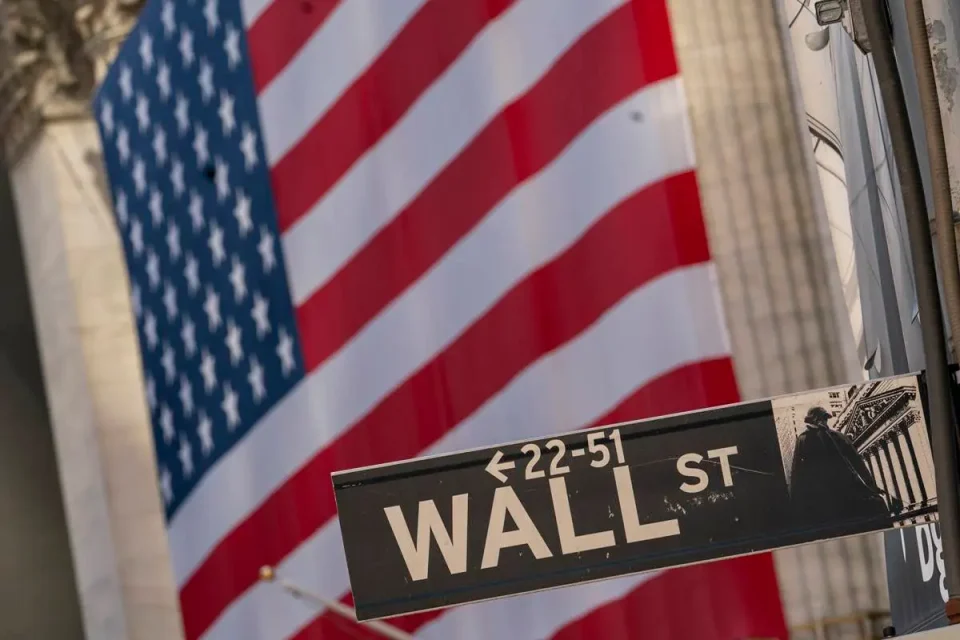On Tuesday, US equities fell the most in a month, owing to mixed profits and a new set of concerns about the banking industry following First Republic’s disclosure of a significant reduction in first-quarter deposits.
After reporting $104.47 billion in deposits, down 40.8% from December 31, 2022, First Republic Bank shares fell 49% to an all-time low. The bank is considering a larger rescue plan that would include selling $100 billion in assets.
Customers seeking income shifted money from conventional deposit accounts at smaller banks to accounts at larger banks and into money market funds in March, causing banking businesses to experience significant volatility. Other banking competitors, such as Western Alliance Bancorp and PacWest, fell 5% and 8%, respectively. The price volatility comes amid ongoing concerns about the banking sector’s soundness following the failures of Silicon Valley Bank and Signature Bank last month.
Stocks in the United States fell sharply as traders responded to disappointing earnings reports and consumer confidence. This week, 178 S&P 500 businesses are scheduled to report earnings. Analysts expect the S&P 500 to post a profit decline of less than 5%.
UPS shares fell 9.99% after the company disclosed weaker-than-expected first-quarter earnings and warned of ongoing sales volume headwinds. PepsiCo Inc boosted its sales projection for this year, raising shares by 1.7%. McDonald’s Corporation and General Electric Company shares were unchanged after the results.
Dow Jones Industrial Average lost 344.57 points or 1.02%, reaching 33,530.83. The S&P 500 index fell 65.41 points, or 1.58%, to 4,071.63. The Nasdaq Composite Index closed at 11,799.16, down 238.05 points or 1.98%.
All 11 key S&P 500 sectors finished in the red, with materials and technology leading the laggards, down 2.15% and 2.09%, respectively. The Utilities Index fell by 0.09%, the smallest drop.
The Federal Reserve will meet next week to deliberate on its next interest rate move amid anticipation of another quarter-point increase.
According to statistics released by The Conference Board on Tuesday, the US consumer confidence index fell to 101.3 in April from 104 in March, indicating that a recession might begin in mid-2023.
Crude oil in West Texas Intermediate declined 2% to $77.10 a barrel. Brent crude, the worldwide benchmark for oil, fell 2.45% to $80.70 per barrel. The price of gold increased 0.4% to $2,007.5 per ounce. The 10-year Treasury yield fell 10 basis points to 3.396%. Bitcoin increased by 0.68% to $27,562.






